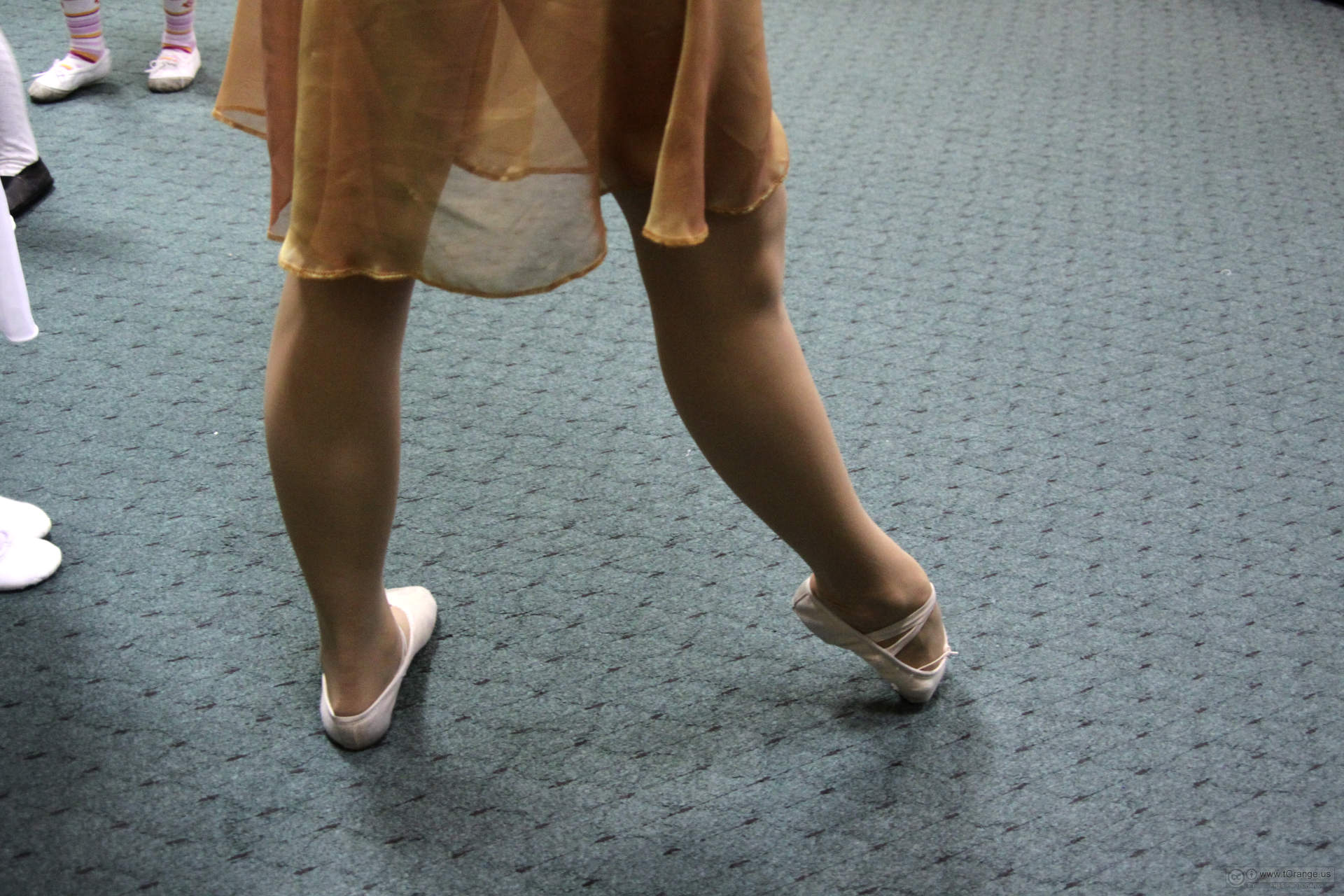English National Ballet has worked closely with the University of Roehampton to see a second phase of breakthrough research uncovered into the effects of dance on people with Parkinson’s Disease. English National Ballet presented the findings from Dance for Parkinson’s: An Investigative Study 2, at the Evidence of Impact: Moving Forward symposium, live-streamed on 27 October.
 As a UK leader for Dance for Parkinson’s, English National Ballet has been working with people with Parkinson’s since 2010, the first major dance company in the UK to do so. Its Parkinson’s programme offers people with the disease, as well as their carers, friends and family members, the opportunity to engage in high quality artistic dance activity, inspired by the Company’s repertoire and with live music.
As a UK leader for Dance for Parkinson’s, English National Ballet has been working with people with Parkinson’s since 2010, the first major dance company in the UK to do so. Its Parkinson’s programme offers people with the disease, as well as their carers, friends and family members, the opportunity to engage in high quality artistic dance activity, inspired by the Company’s repertoire and with live music.
Through weekly classes held in London and regional hub partner venues, the Dance for Parkinson’s programme has proven to support people with Parkinson’s to exercise, develop confidence, strength, and potentially lessen the interference of symptoms on everyday life. Classes are expressive, creative and promote feelings of freedom from the physical and social constraints of having Parkinson’s.
The mixed-method research of the university in collaboration with the ballet company collected quantitative and qualitative data from the London and national programmes, to understand more about physical, psychological, social, and emotional changes as a result of participating. The results are groundbreaking, and suggest that dance activity is of great benefit to sufferers. These benefits include helping people nurture a physically and socially active lifestyle, nurturing a feeling of capability, aiding fluency of movement, postural stability, and decreased amount of freezing temporarily, as well as offering a positive environment where there is a community of support through dance.
Aside from such positive benefits, the study also showed that participants saw trends towards less interference of symptoms on everyday life, an improved certainty about future life, including maintaining social relationships, having hope for the future, continuing to learn new things and developing self-confidence. As a result the study concludes that dancing offers participants a physical activity that resonates deeply on intellectual, social, and emotional levels, benefiting further participants in the future.
